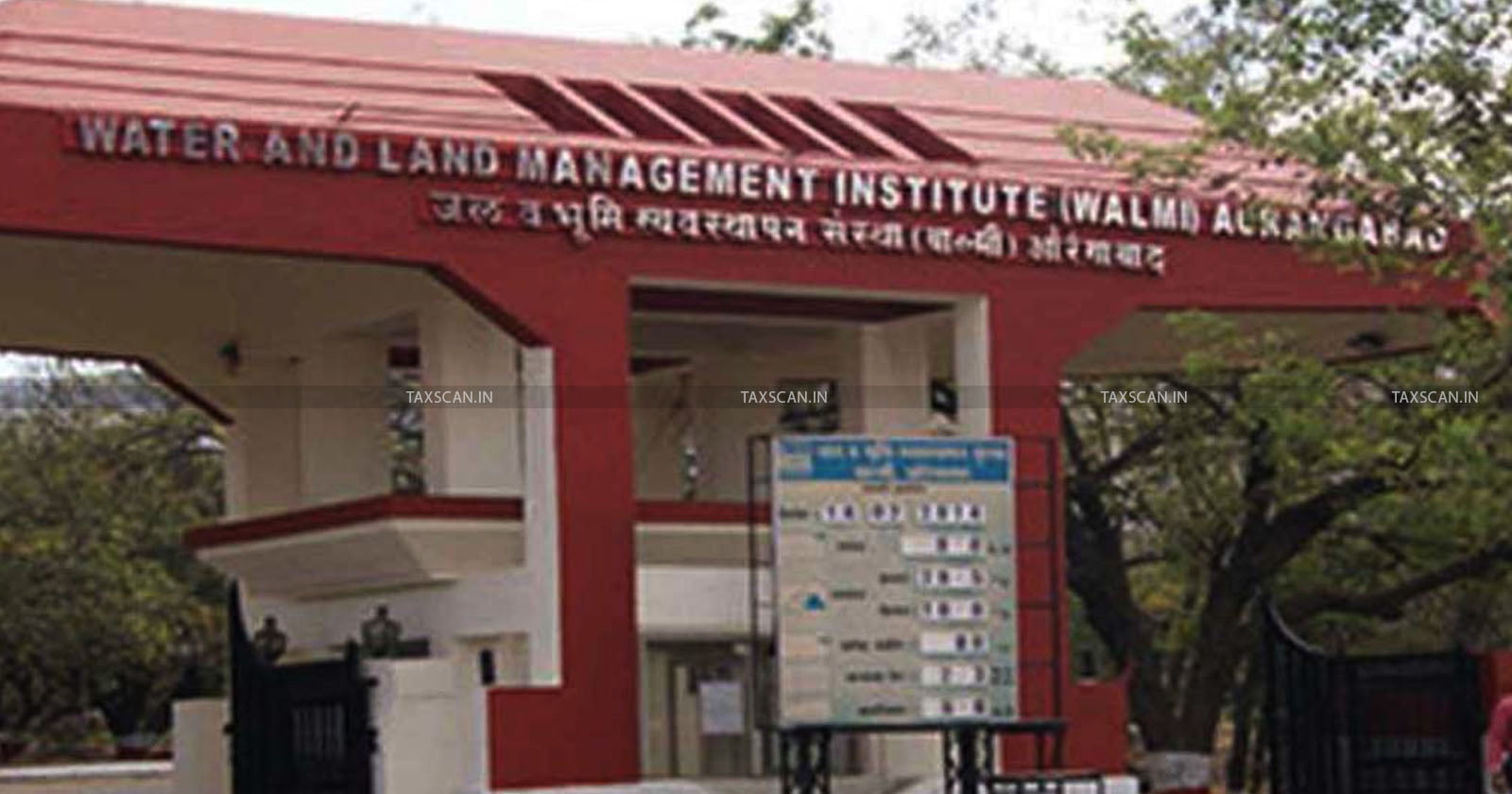Activities of Water and Land Management Training and Research Institute 'per se' Charitable: Supreme Court upholds grant of Registration u/s 12AA

Activities of Water and Land Management Training and Research Institute – Charitable Supreme Court upholds grant of Registration – TAXSCAN
Activities of Water and Land Management Training and Research Institute – Charitable Supreme Court upholds grant of Registration – TAXSCAN
The Supreme Court recently upheld the registration of the Water and Land Management Training and Research Institute as a charitable organization under Section 12AA ruling against the revenue in a special leave petition filed before it.
The petitioner in this case contested the approval of the respondent's application for registration under Section 12AA of the Income Tax Act, which pertains to institutions engaged in charitable activities falling within the ambit of Section 2(15) of the Act, focusing on environmental protection.
The primary objections raised were related to the specific objectives of the respondent, which were outlined in the rejected application.
The object of the assessee contains the following:
(a) To train different level Government functionaries of the Department of Irrigation and Command Area Development and the Department of Agriculture, dealing with aspects relating to water and land management in planning, designing, construction, and operation and maintenance of irrigation;
(b) Promote a full understanding of the principles of efficient operational plans;
(c) Provide a better understanding among the water users of the optimal use of water and land resources;
(d) To function as an apex body on all matters relating to water and land management and render advice to the State;
(e) Provide consultancy services to the State and undertake intensive and need-based research on water and land management.
The respondent relied on a precedent set by a three-Judge Bench of the Supreme Court in the case of M/s. Ananda Social and Educational Trust Vs. The Commissioner of Income Tax (2020). This case clarified that 'activities' encompass both actual and proposed activities when considering registration under Section 12AA. The court emphasized that the Commissioner must assess the charitable nature of the trust's objectives and ensure alignment between proposed activities and the trust's objectives.
The Apex Court bench of Justice S Ravindra Bhat and Justice Aravind Kuamr, in this instance, observed that the concerned Commissioner had overlooked the fact that the category under which the assessee sought registration as a charitable trust was inherently charitable ‘per se’ and did not fall under the residuary clause of general public utility concerns. The impugned order had appropriately rectified this error. Therefore, the Court affirmed that the impugned order was free of any infirmity and accordingly dismissed the special leave petition filed by the revenue.
The ruling recognised the alignment of the institute's objectives with genuine charitable activities.
To Read the full text of the Order CLICK HERE
Support our journalism by subscribing to Taxscan premium. Follow us on Telegram for quick updates


